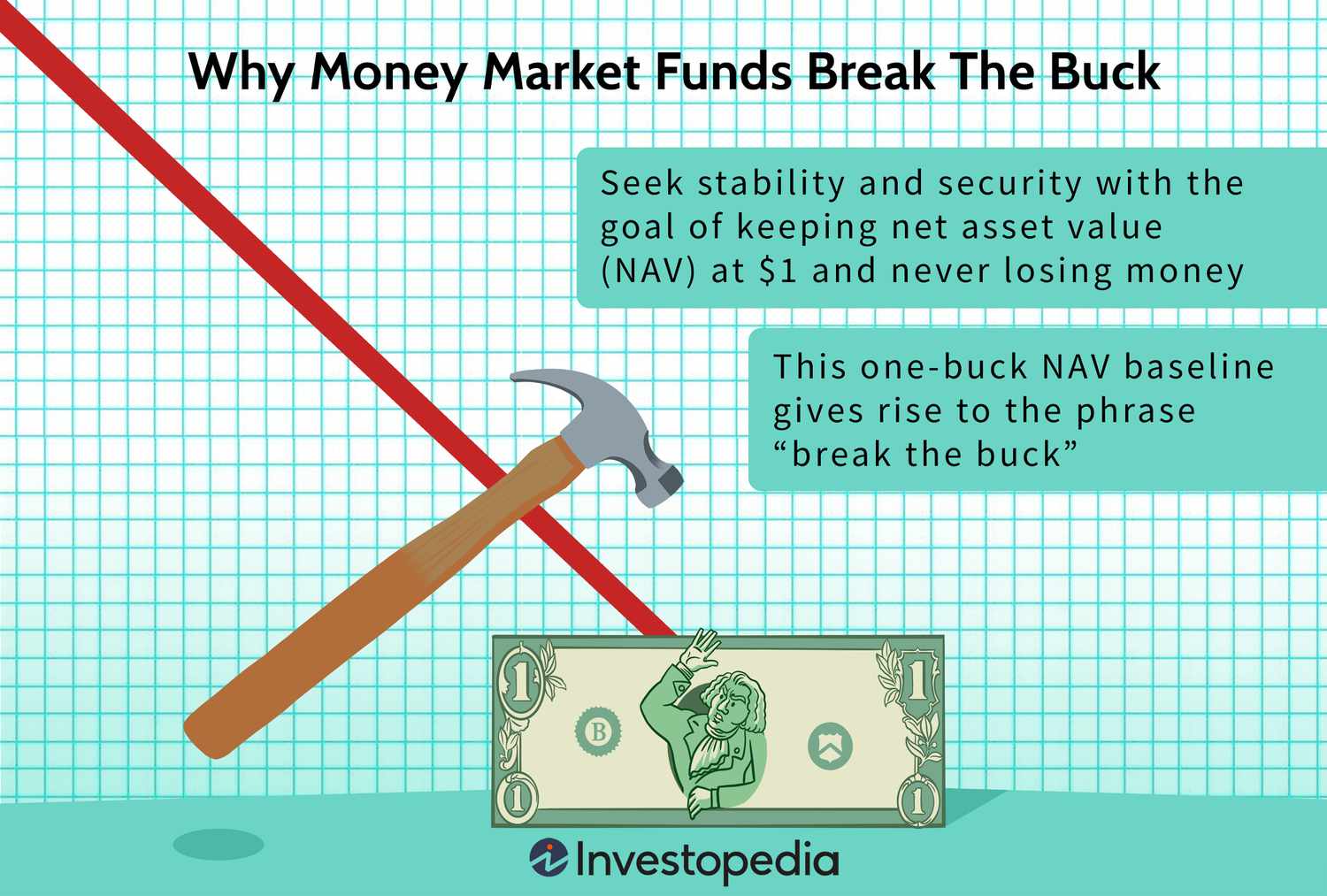Money market accounts (MMAs) are often touted as safe, low-risk places to hold your money, making them attractive to those who want to earn a higher interest rate than a standard savings account without the inherent risks of investments like stocks. But does this mean you can’t lose money in a money market account? Let’s dig deeper into the nature of these accounts, how they work, and whether there’s any potential for financial loss.
Understanding Money Market Accounts
A money market account is a type of deposit account offered by banks and credit unions that combines some features of both savings and checking accounts. MMAs typically offer higher interest rates than standard savings accounts, as they invest in low-risk financial instruments like Treasury bonds and other cash-equivalent securities. These accounts are insured by the Federal Deposit Insurance Corporation (FDIC) up to $250,000 per account per depositor, which adds an extra layer of security.
With many money market accounts, you’ll also have limited check-writing privileges and a debit card, making them slightly more flexible than a standard savings account. They are designed to grow your savings steadily without requiring much active management.
Can You Lose Money in a Money Market Account?
While money market accounts are considered one of the safest places to park your money, there are a few scenarios where financial loss is possible. However, these situations are rare and often indirect. Here’s a closer look:
1. Limits on FDIC Insurance
One of the primary appeals of money market accounts is their FDIC insurance. This protection guarantees your funds up to $250,000, ensuring that even if the bank or credit union fails, you’ll recover your money within the insured limit. However, if your account balance exceeds $250,000, any amount over this limit is not insured. If the financial institution experiences insolvency, you could lose the portion of your money that exceeds the insured cap.
Solution: Keep your balance within the FDIC-insured limit. If you have more than $250,000 to deposit, consider opening multiple accounts at different institutions to ensure full coverage.
2. Inflation Risk
Money market accounts may not directly result in a financial “loss,” but inflation can erode the purchasing power of your savings. For instance, if your MMA earns an annual interest rate of 2% but inflation is running at 3%, the real value of your money decreases despite the nominal growth of your account balance. Over time, this means you could effectively “lose” money in terms of what that money can buy.
Solution: Use a money market account for short-term savings goals or as an emergency fund, and consider diversifying your portfolio to include investments that have the potential to outpace inflation over the long term.
3. Account Fees
Some money market accounts come with fees, such as monthly maintenance fees, minimum balance fees, or transaction fees. If the fees exceed the interest you’re earning, your account balance could shrink over time, leading to a net loss.
Solution: Shop around for fee-free money market accounts or those with minimal charges. If you opt for an account with fees, ensure you meet the requirements to avoid them, such as maintaining a minimum balance.
4. Misunderstanding Account Features
While money market accounts share similarities with savings accounts, many investors confuse them with money market funds, which are mutual funds that invest in high-quality, short-term securities. Money market funds do not have FDIC insurance and are subject to market risks, meaning you could potentially lose money.
Solution: Double-check that you’re opening a money market account, not a money market fund, if your goal is to prioritize security and FDIC protection.
5. Inefficient Use of Funds
Having a large portion of your savings in a money market account might seem secure, but it could result in missed opportunities. For instance, keeping too much money in a low-return account means you might miss out on the higher returns possible from other investment options like index funds, stocks, or high-yield bonds.
Solution: Consider your financial goals and risk tolerance before allocating all your savings to a money market account. A diversified financial strategy that balances security with growth potential is often the most effective.
The Benefits of Money Market Accounts
Despite the aforementioned risks, losing money in a money market account is highly unlikely if you stay within FDIC insurance limits and choose your account wisely. Here are some of the top benefits:
- Safety: With FDIC insurance, money market accounts are one of the safest places to store your cash.
- Liquidity: You can access your funds relatively easily, which makes MMAs ideal for emergency savings.
- Higher Interest Rates: Compared to traditional savings accounts, MMAs typically offer better interest rates, enabling your money to grow faster.
- Flexibility: The ability to write checks or use a debit card gives MMAs an edge over other low-risk savings options.
How to Minimize Risks in a Money Market Account
To ensure your money is secure while still earning a reasonable return, follow these guidelines:
- Stay Within FDIC Limits: Avoid deposits exceeding $250,000 in any single institution. Open accounts with different banks or credit unions if necessary to ensure full coverage.
- Shop Around for the Best Interest Rates: Compare rates from multiple banks and consider online financial institutions, which often offer higher yields.
- Avoid Fees: Read the account’s terms and conditions carefully to avoid maintenance fees, transaction fees, or fees for falling below a minimum balance.
- Diversify Your Savings: Use money market accounts for short-term goals while exploring higher-yield investments for long-term objectives.
Final Thoughts
To answer the question, “Can I lose money in a money market account?” the general answer is no, assuming you keep your balance within FDIC-insured limits and avoid fees that outweigh your interest earnings. MMAs are one of the safest financial tools available, making them ideal for short-term savings or emergency funds. However, understanding potential risks like inflation erosion or fee structures is essential to fully optimize their benefits.
If you’re looking for a low-risk way to grow your savings while maintaining easy access to your funds, a money market account is an excellent option. Just make sure to pair it with a broader financial strategy to maximize your returns while safeguarding your wealth.








